Keywords: Massimo Faggioli
-
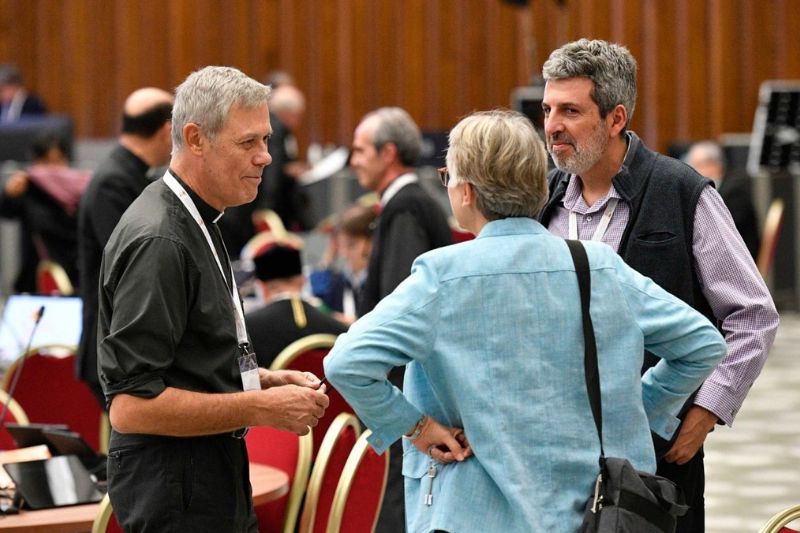
RELIGION
- John Warhurst
- 06 December 2023
4 Comments
In the aftermath of the Synod on Synodality, the Catholic community is marked by a sense of uncertainty, reflected in reactions that span from hope to criticism. As the Second Assembly nears, the critical need for more transparent and effective communication from Church leaders becomes increasingly evident.
READ MORE
-
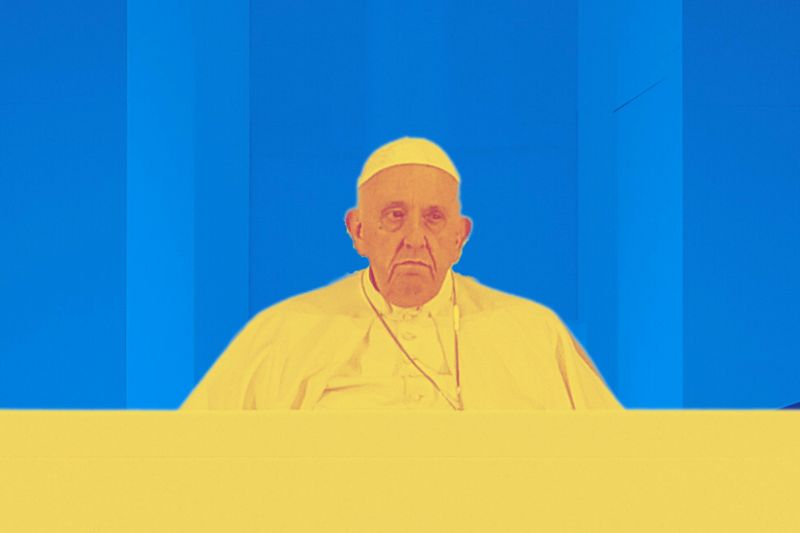
RELIGION
- Bruce Duncan
- 01 November 2023
3 Comments
Pope Francis' cautious remarks on the Ukraine war have stirred a complex blend of admiration, confusion, and criticism as he finds himself straddling the line between moral authority and geopolitical pragmatism. The challenge for Francis is how to uphold ethical standards while effectively engaging in the nuanced world of global diplomacy.
READ MORE
-
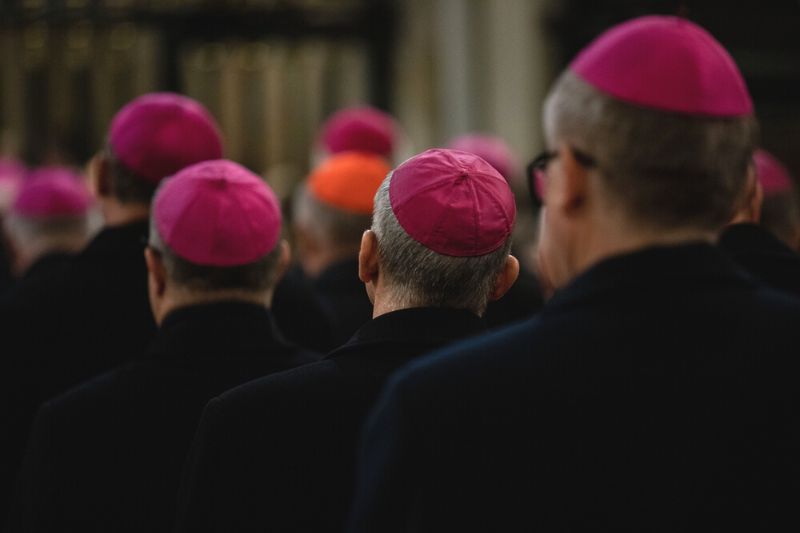
RELIGION
- John Warhurst
- 05 July 2023
11 Comments
As the Vatican releases the working document for the first Synod on Synodality, reactions within the Catholic community are mixed. While many applaud its open approach to divisive issues, others deem it too progressive or insufficiently thorough. Australian bishops encourage engagement, but the road ahead poses significant challenges.
READ MORE
-
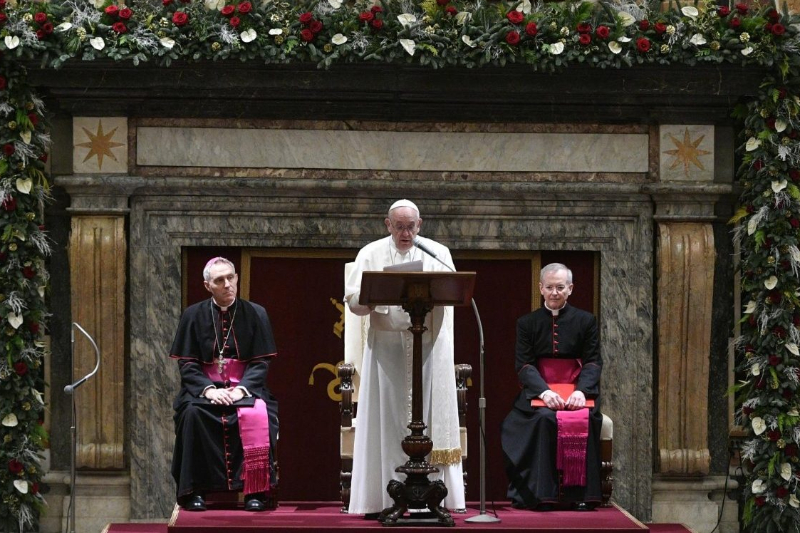
RELIGION
- Brian Lucas
- 29 March 2022
12 Comments
Prior to the conclave that elected Pope Francis, the Cardinals who met together identified the need for a reform of the Vatican finances and a broader reform of the Roman Curia. Shortly after Francis was elected, work began on the reform of the Roman Curia. There was wide consultation including with the various bishops’ conferences around the world.
READ MORE 
-

RELIGION
- Geraldine Doogue
- 15 November 2021
61 Comments
How do I assess our Plenary Council thus far? Or make sense of its related word-of-the-moment, synodality? With apologies to Churchill, dare I hope it is the ‘end of the beginning’? But of what precisely? A priest-friend distilled the challenge rather well last week to me: what would success look like?
READ MORE 
-
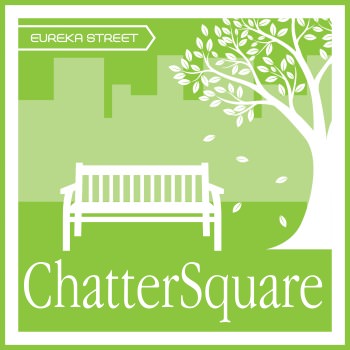
PODCAST
Dr Massimo Faggioli is a prominent Catholic historian and theology professor at Villanova University in Philadelphia. He shares insight into the conservative responses to Pope Francis, the papal shift toward a less abstract understanding of being Catholic, and the political binaries within the US Catholic Church. He also explains why Vatican II is not just unfinished business but an orientation and method for doing things.
READ MORE
-

AUSTRALIA
- Frank Brennan
- 23 October 2015
4 Comments
Francis knows there are all sorts of issues inside and outside the Church where for too long people with power have tried to keep the lid on, in the hope that the problems and complexities will go away, often by parodying those who see the problems or complexities as small 'l' liberals or cafeteria Catholics. He delights in being joyful and troubled while contemplating big problems, calling people of good will to the table of deliberation reminding them of the kernel of the Christian gospels. He has the faith and hope needed to lift the lid without fear and without knowing the answers prior to the dialogue occurring.
READ MORE